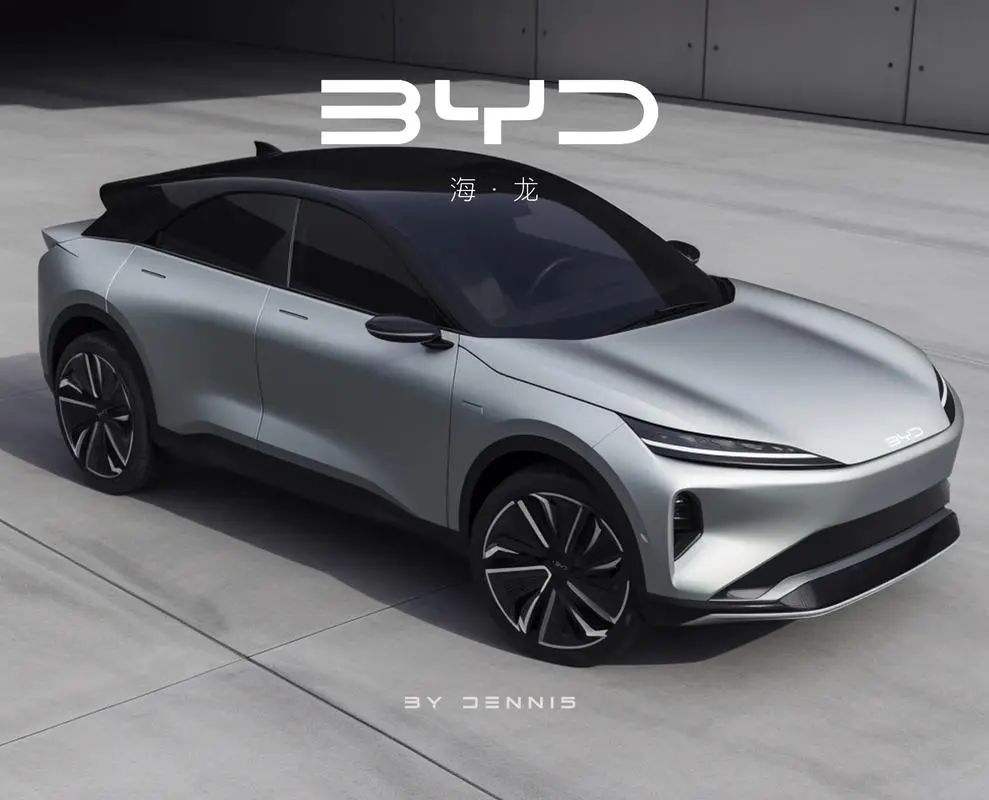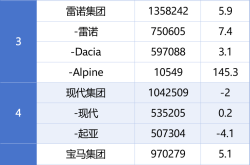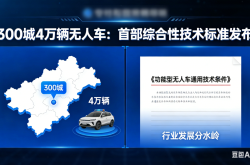Price war consequences? BYD recalls 96,000 vehicles: one certainty and one question
![]() 09/30 2024
09/30 2024
![]() 649
649

Mulinsen works with people, cars, and the world to witness the rise of China's auto industry
Due to safety risks, BYD has announced the recall of 96,000 vehicles.
BYD's recall can be interpreted as a responsible act, worthy of praise, even if it is a legal obligation.
There is one certainty and two questions surrounding this recall, and the root cause of the recall itself should be thoroughly investigated.

1. Safety hazards prompt BYD to recall 96,000 vehicles
According to public information, BYD's recall involves two manufacturers and two products: 87,762 domestic Dolphin and Yuan PLUS electric vehicles produced by BYD Auto Industry Co., Ltd. from February 4, 2023, to December 26, 2023; and 8,952 domestic Yuan PLUS electric vehicles produced by BYD Automobile Co., Ltd. from November 2, 2022, to June 19, 2023. The total number of recalled vehicles is 96,000.

The recall is due to manufacturing defects in the Controller Electronic Power Steering (CEPS) assembly, specifically interference between the controller's circuit board capacitors and the equipment tooling cover, leading to microcracks in the capacitors. These microcracks can expand and cause short circuits, overheating, ablation, and even fires, posing a safety risk. The solution is to install insulating gaskets on the controllers free of charge to eliminate the safety hazard. However, it remains unclear how BYD will address vehicles with already cracked capacitors.
2. One certainty and one question about BYD's recall
Regarding BYD's recall of 96,000 vehicles, there is one certainty and one question. The certainty is that the recall is not directly related to BYD's price war earlier this year. The recalled vehicles were mainly produced between 2022 and 2023, predating the price war. Therefore, the recall cannot be attributed to a decline in vehicle quality due to the price war. However, the timing of the recall, amidst BYD's aggressive pricing strategy, may lead to misperceptions of cost-cutting or even fraud. The question is what caused the defect leading to the recall. Was it a design flaw, or was a necessary component omitted to cut costs? This raises questions about internal accountability at BYD.

3. Murphy's Law and fundamental reflections on BYD's recall
Murphy's Law, an adage stating that anything that can go wrong will go wrong, implies that every mistake has a cause, no matter how unlikely. BYD must identify the root cause of its recall, whether it be related to management, design, or cost-cutting measures. The recall is not an end but a starting point. Investors, current and potential car owners alike, demand transparency regarding how the issue was discovered, whether any accidents have occurred due to this defect, and, most importantly, what measures BYD will take to prevent similar mistakes in the future.








